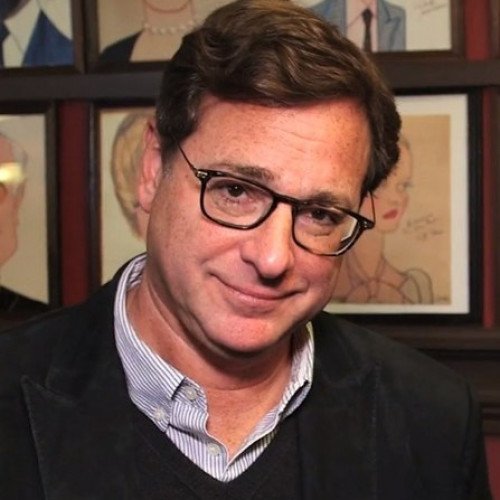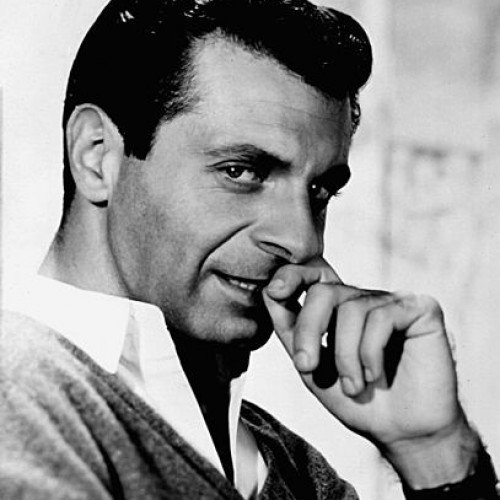"Funniest Comedian BOB SAGET vs MORT SAHL"

BOB SAGET
Robert Lane Saget (/ˈsæɡət/; born May 17, 1956) is an American stand-up comedian, actor, television host and director. His television roles include Danny Tanner on the ABC sitcom Full House (1987–1995) and its Netflix sequel Fuller House. He also hosted America's Funniest Home Videos from 1989 to 1997. Saget is also known for his adult-oriented stand-up routine. He also provided the voice of the future Ted Mosby on the CBS sitcom How I Met Your Mother from 2005 to 2014. Saget's 2014 comedy album, That's What I'm Talkin' About, was nominated for the Grammy Award for Best Comedy Album. Following a short stint as a member of CBS' The Morning Program in early 1987, Saget was cast as Danny Tanner in Full House, which became a success with family viewers, and landed in the Nielsen ratings' Top 30 beginning with season three. In 1989, Saget began as the host of America's Funniest Home Videos, a role he held until 1997. During the early 1990s, Saget worked both on Full House and AFV simultaneously. In 2009, he returned to AFV for the 20th-anniversary one-hour special co-hosted with Tom Bergeron. Saget directed the 1996 ABC television movie For Hope, which was inspired by the life story of his sister, Gay Saget, who died from scleroderma three years earlier. In 1998, he directed his first feature film, Dirty Work, starring Norm Macdonald and Artie Lange. Released one year after he left his long-running role as host of America's Funniest Home Videos, the film received broadly negative reviews from critics and earned low box office returns. However, it has since become a cult favorite, due partially to Artie Lange's later popularity on The Howard Stern Show where the film is sometimes mentioned, often in unflattering terms. In 1998, Saget made a cameo appearance as a cocaine addict in the stoner comedy Half Baked.
Statistics for this Xoptio

MORT SAHL
Morton Lyon Sahl (born May 11, 1927) is an American comedian, actor, and social satirist, considered the first modern stand-up comedian since Will Rogers. Sahl pioneered a style of social satire which pokes fun at political and current event topics using improvised monologues and only a newspaper as a prop. Sahl spent his early years in Los Angeles and moved to the San Francisco Bay Area where he made his professional stage debut at the hungry i nightclub in 1953. His popularity grew quickly, and after a year at the club he traveled the country doing shows at established nightclubs, theaters and college campuses. In 1960 he became the first comedian to have a cover story written about him by Time magazine. He appeared on various television shows, played a number of film roles, and performed a one-man show on Broadway. Television host Steve Allen claimed that Sahl was "the only real political philosopher we have in modern comedy." His social satire performances broke new ground in live entertainment, as a stand-up comic talking about the real world of politics at that time was considered "revolutionary." It inspired many later comics to become stage comedians, including Lenny Bruce, Jonathan Winters, George Carlin and Woody Allen. Allen credits Sahl's new style of humor with "opening up vistas for people like me.":545 Numerous politicians became his fans, with John F. Kennedy asking him to write his jokes for campaign speeches. After Kennedy's assassination in 1963, Sahl focused on the Warren Report's inaccuracies and conclusions, and spoke about it often during his shows. This alienated much of his audience and led to a decline in his popularity for the remainder of the 1960s. By the 1970s, however, his shows and popularity staged a partial comeback which continues to the present. A biography of Sahl, Last Man Standing, by James Curtis, was released in 2017.